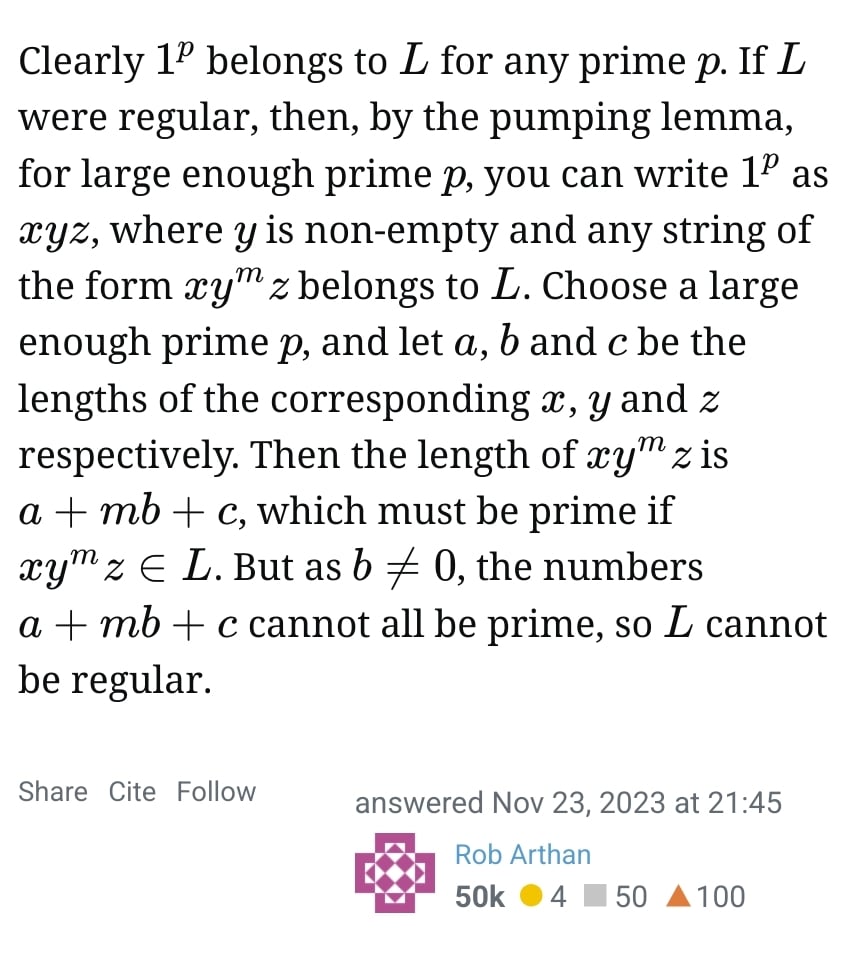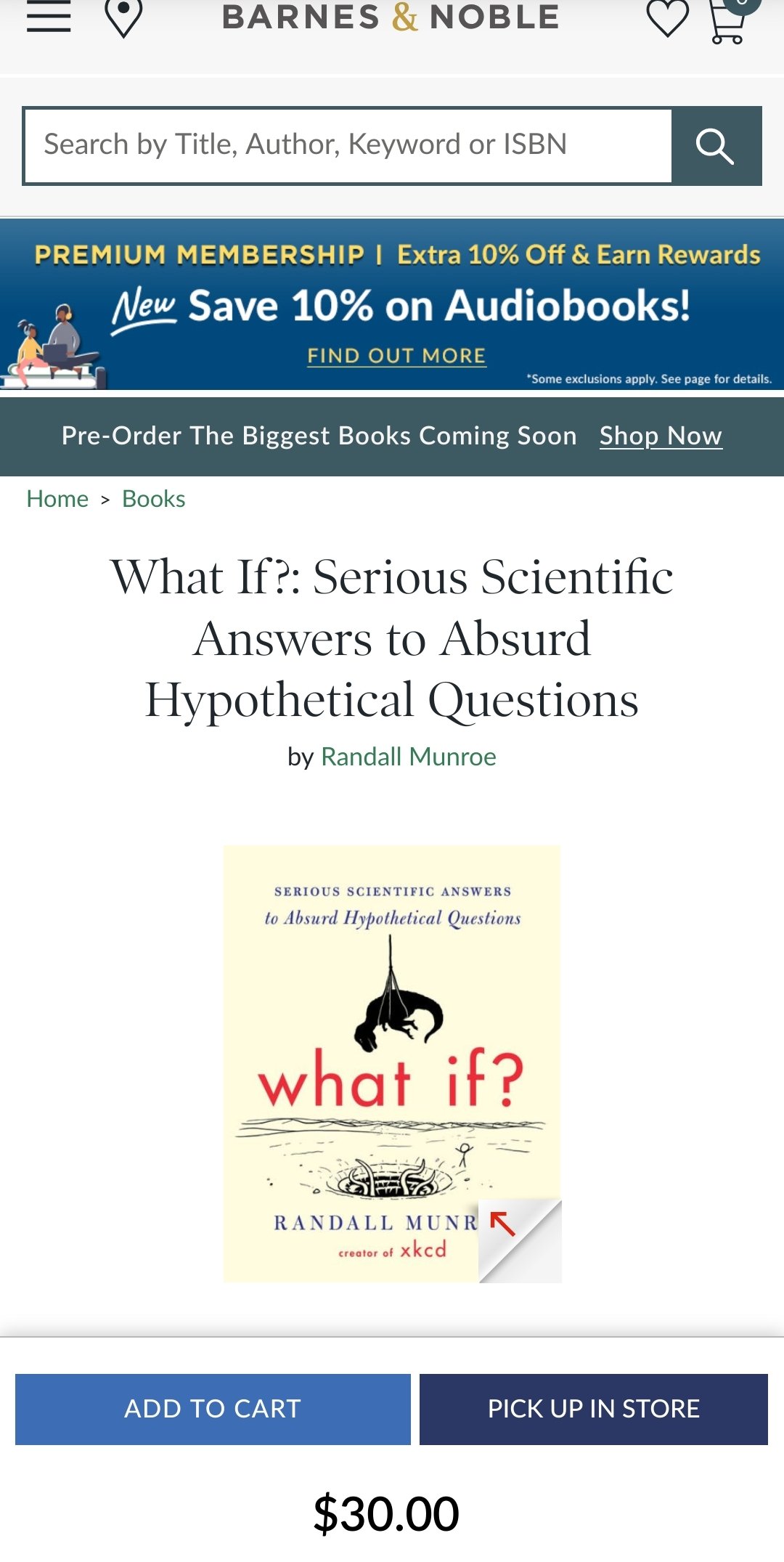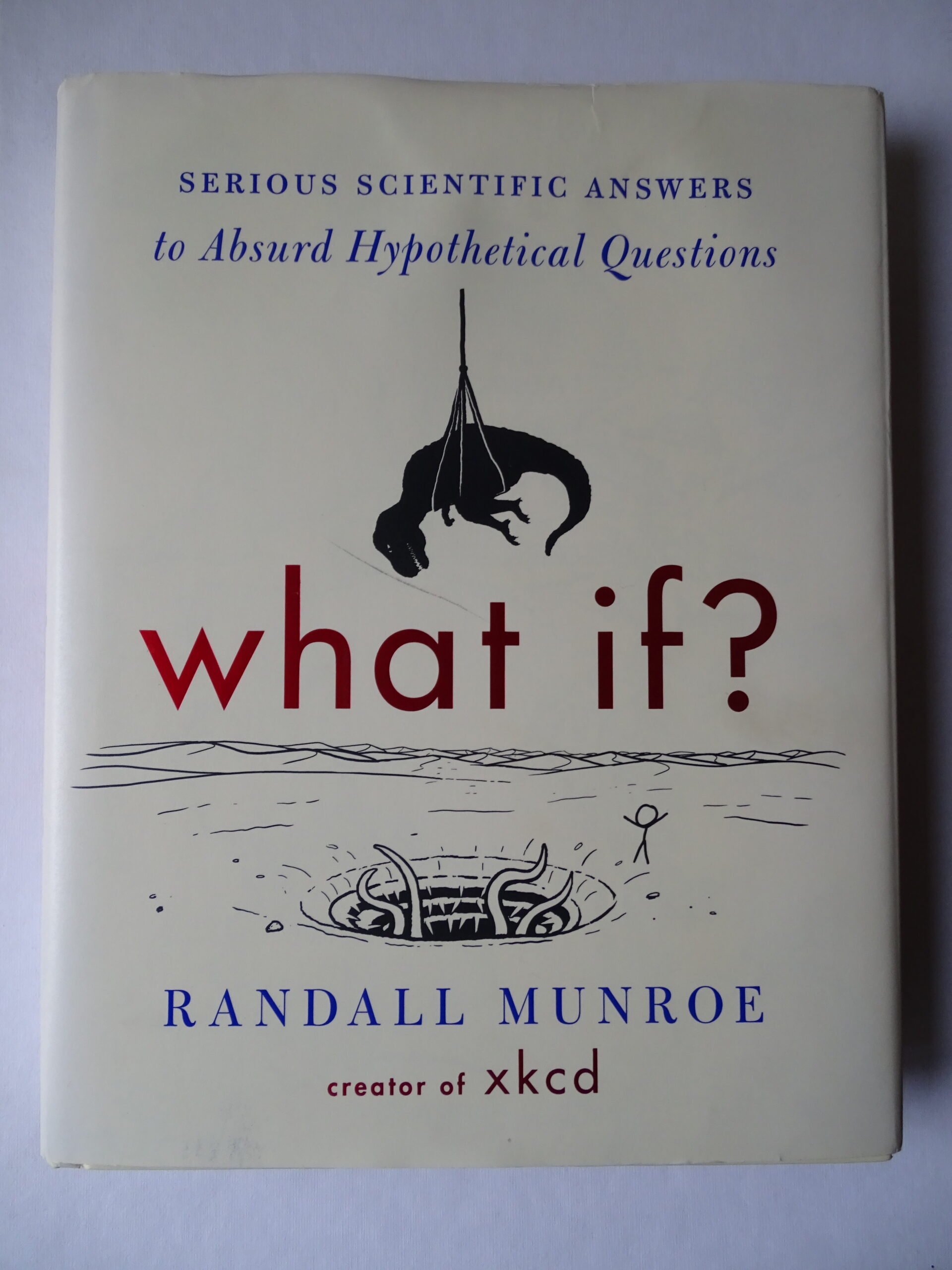

I have to agree with you there. I think the Democratic Party was scared of inviting infighting with a primary contest which Harris would probably win anyway, but you’re right—Harris had no mandate from the party membership and even a lightning-round primary conducted online would have been better.






An xkcd becomes a classic when people use it a lot.